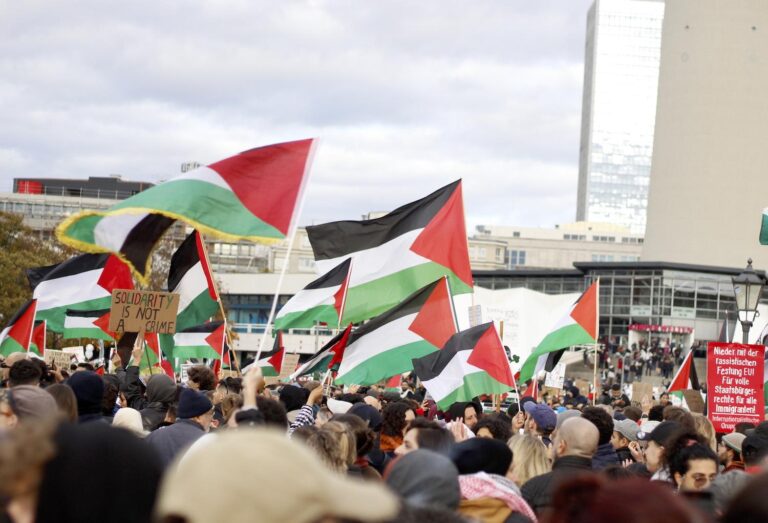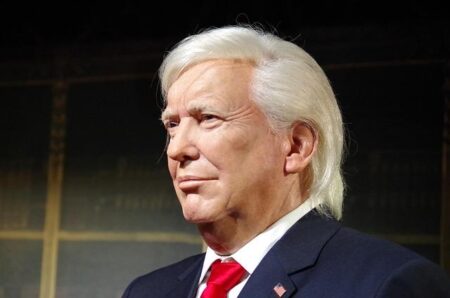France’s recent decision to officially recognize Palestinian statehood has sparked renewed debate over the timing and motivations behind the move. While supporters hail the step as a long-overdue endorsement of Palestinian self-determination, critics question why Paris has chosen to act now after years of diplomatic caution. This article explores the historical context of France’s stance on Palestine, the geopolitical pressures influencing its policy shift, and the broader implications for Middle East peace efforts.
France’s Delayed Recognition of Palestinian Statehood Raises Questions About Political Motives
France’s decision to move toward recognizing Palestinian statehood after years of hesitation has ignited debate over the underlying political calculations motivating the shift. For decades, Paris maintained a cautious approach, balancing its traditional alliances in the Middle East while advocating for a negotiated two-state solution. The abrupt acceleration now prompts critics to question whether contemporary geopolitical pressures – including shifting alliances within the European Union and changing dynamics in Middle Eastern diplomacy – have finally pushed France to adopt a stance it long avoided.
Key factors potentially influencing France’s timing include:
- EU-wide efforts to unify a response amid escalating regional tensions
- Domestic political considerations, reflecting public opinion and lobbying efforts
- Changing relations with both Israel and Arab states, redefining Paris’s strategic interests
| Year | France’s Official Position | Major Political Events |
|---|---|---|
| 2010 | Support for Negotiated Settlement | Rise of Arab Spring movements |
| 2015 | Cautious Diplomatic Engagement | Renewed Gaza conflicts |
| 2023 | Announcement of Recognition Intent | Shifts in EU foreign policy |
Examining Geopolitical Shifts and Domestic Pressures Influencing France’s Recent Decision
France’s recent announcement to recognise Palestinian statehood has sent ripples through diplomatic circles, reflecting a complex web of geopolitical recalibrations and internal political dynamics. On the international stage, France appears to be aligning itself with a broader European inclination toward supporting Palestinian self-determination, diverging from the United States’ more cautious stance. This move comes at a time when the Middle East is experiencing shifting alliances, notably with the Abraham Accords reshaping regional ties and new economic interests emerging around energy and security cooperation. France’s decision, therefore, can be seen as a strategic bid to reinforce its influence within the region while asserting a leadership role among European nations advocating for a two-state solution.
Domestically, the pressure on French leadership has intensified amid growing solidarity within segments of the populace and political factions advocating for Palestinian recognition as a moral imperative. Social movements, human rights organizations, and left-leaning parties have collectively amplified calls for action, placing the government under scrutiny for perceived delays. Meanwhile, election cycles and the need to appeal to diverse constituencies contribute to the timing of this policy shift. Key domestic factors include:
- Public Opinion: Increasingly supportive of Palestinian rights, especially among younger voters.
- Political Calculus: Left-wing parties pushing for clearer stances on international justice.
- Security Concerns: Managing tensions within France’s sizable immigrant communities linked to Middle Eastern geopolitics.
| Factor | Influence | Outcome |
|---|---|---|
| European Solidarity | Moderate | Strengthened Diplomatic Alignment |
| Public Advocacy | Strong | Increased Political Pressure |
| Regional Security | High | Enhanced Strategic Posture |
Recommendations for France to Lead a Consistent and Courageous Middle East Policy
To assert a truly consistent and courageous stance in Middle East policy, France must adopt a strategy that balances principled diplomacy with pragmatic engagement. Recognising Palestinian statehood is just the starting point, not the culmination, of this approach. The French government should leverage its historical ties and diplomatic influence to act as an honest broker, advocating for a two-state solution that guarantees security, sovereignty, and dignity for both Israelis and Palestinians. This means reaffirming commitments to international law, supporting grassroots peace initiatives, and consistently opposing actions that undermine prospects for lasting peace, irrespective of geopolitical convenience.
Beyond recognition, France’s middle east policy should be grounded in a framework that fosters regional stability through cooperation and accountability. This involves:
- Engaging with diverse political actors across the region beyond established alliances to foster dialogue and reduce polarization.
- Investing in economic partnerships that promote development and reduce dependency on foreign powers.
- Maintaining a clear and transparent policy line in international forums to reinforce credibility and leadership.
| Policy Focus | Key Action | Expected Outcome |
|---|---|---|
| Diplomatic Engagement | Open dialogues with all regional stakeholders | Reduced tensions and enhanced trust |
| Economic Support | Fund infrastructure and education initiatives | Improved regional development and stability |
| International Advocacy | Champion international law in UN platforms | Strengthened French credibility and leadership |
The Conclusion
As France steps forward to officially recognise Palestinian statehood, questions linger about the timing and motivations behind this long-awaited decision. While many see it as a positive move towards supporting Palestinian self-determination, critics suggest geopolitical calculations may have finally tipped the scales. Regardless of the reasons, France’s recognition marks a significant moment in a complex and enduring conflict, one that continues to demand thoughtful engagement from the international community.




